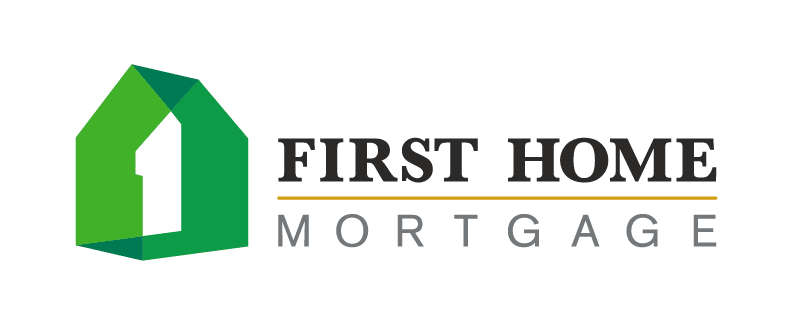Buying your first home is an exciting time. Yet before you enter the world of home buying, you should take some time to understand some basic terminology that will get thrown around a lot in the days ahead. Here are some standard terms and their definitions that home buyers should know.
1. Adjustable-Rate Mortgage
An adjustable-rate mortgage, or ARM, is a type of home loan that starts with a low initial rate, with the option to increase or decrease based on the national interest rates. An ARM can be an affordable option; however, it always has the risk of rising over time.
2. Amortization
Amortization refers to the loan’s repayment schedule. Often mortgages are set up so that the early payments go primarily to interest, while later payments shift towards the principal. This approach means the longer you stay in the mortgage, the more equity you will have.
3. Buyer’s Agent
A buyer’s agent is a real estate agent or REALTOR who specializes in helping home buyers. These agents rarely list homes for sale and work almost exclusively with buyers to help them achieve their goals. Buyer’s agents can be Accredited Buyer’s Representatives, which means they have completed coursework and testing from the Real Estate Buyer’s Agent Council.
4. Contingencies
Contingencies are almost always part of a real estate purchase contract. Contingencies are conditions that a buyer or seller must meet before the contract becomes binding. A typical contingency involves selling an existing home before buying a new one or a contingency that the house must pass an inspection before the buyer will purchase it. Some buyers will have contingencies for repairs that they want the seller to tackle before they move on. As a buyer, you should know that the fewer contingencies you have, the more appealing your home offer will be.
5. Points
Points are something a buyer can pay at closing to buy down interest rate percentage points on their loan. Some states require buyers to pay some points, so this is worth noting. Points increase closing costs but decrease the total paid in interest over the life of the loan.
6. Pre-Approval Letter
Mortgage pre-approval letters are a written guarantee that a buyer can borrow a set amount from a lender. This typically requires a credit check and employment documentation.
7. Pre-Qualification
Pre-qualification is used to help you determine how much you can afford to buy but comes with no obligation from the mortgage company to lend you that money.
8. Private Mortgage Insurance (PMI)
Many first-time homebuyers cannot put a 20 percent down payment on their home. In this scenario, many lenders may charge a private mortgage insurance (PMI) fee. This fee provides the lender some insurance against the risk of default.
9. Seller’s Agent
A seller’s agent is the agent who represents the home’s seller. They will work in the best interests of the seller and use their marketing abilities to make the home look as appealing as possible. In negotiation, their offers and options will favor the seller.
10. Title Insurance
This insurance protects the buyer against any unknown or undiscovered liens or debts on the property. Title insurance is typically part of your closing costs and is only issued after the title company has thoroughly researched the title to find potential problems.
As you start the home buying process, make sure you partner with a skilled agent. Having the right real estate agent on your side will help you understand the terminology, your options, and your best moves in the days ahead.


